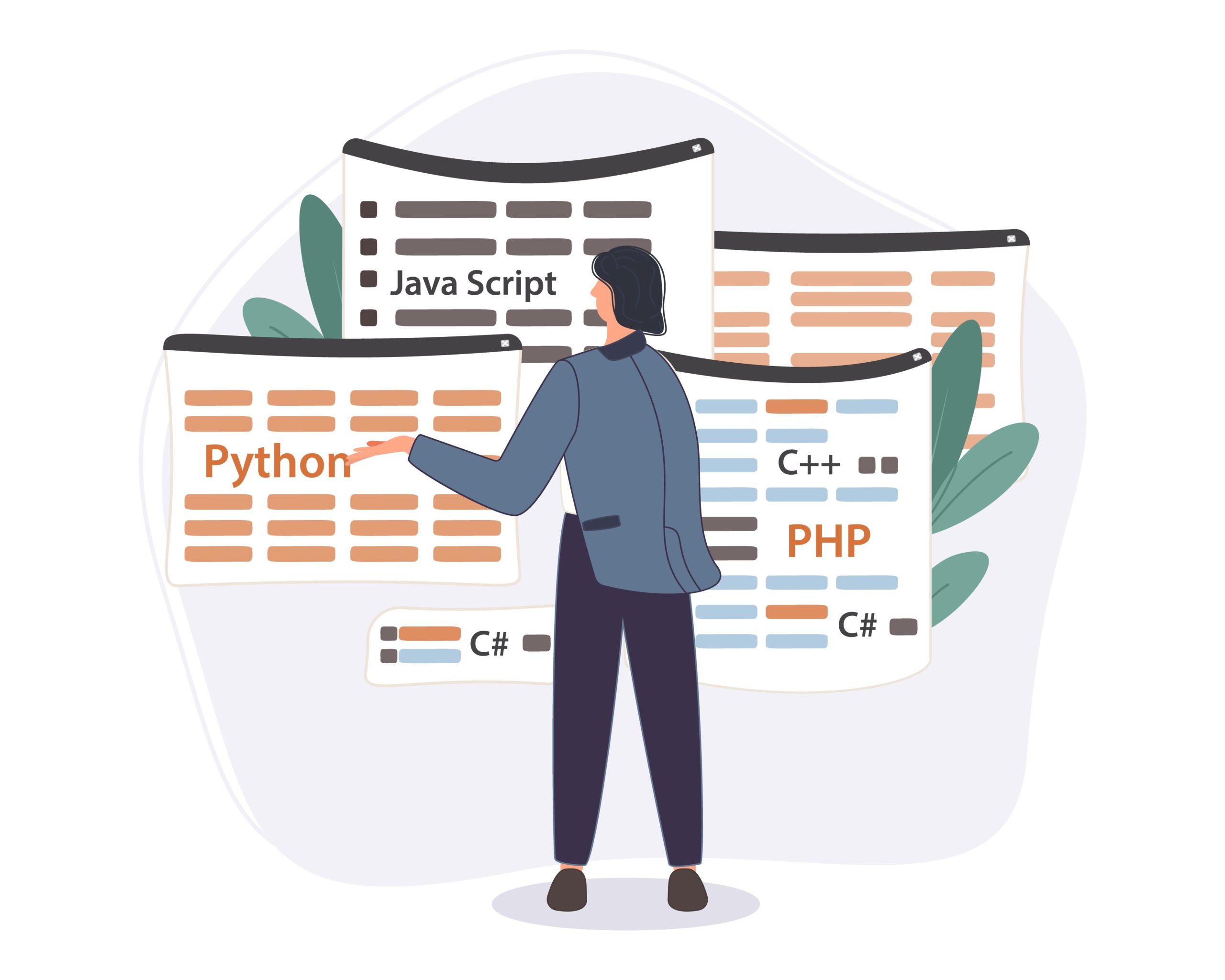Python stands as the top programming language for developing high-scale e-commerce solutions in the modern market. Why? The changing customer expectations force businesses to move away from traditional rigid stacks. The Python framework delivers flexible and robust capabilities suitable for implementations that handle large client volumes and real-time inventory systems spanning multiple warehouses. Shopify and Instacart are among the major companies that integrate Python as their backend programming language. Python provides value to business sizes, both large and small. New businesses leverage Python to develop rapidly and perform quick developments that allow them to maintain their lean structure while achieving quick growth.
Table of Contents
- What Makes E-commerce Platforms “Scalable”?
- Why Python Stands Out Among Other Languages
- Real-World Use Cases of Python in E-commerce
- Python Frameworks That Power E-commerce Scalability
- Python for Data-Driven E-commerce Decisions
- Challenges and Considerations When Using Python
- Is Python the Future of E-commerce Development?
What Makes E-commerce Platforms “Scalable”?
E-commerce scalability extends beyond surviving high volumes during Black Friday retail events. Your platform must expand in harmony with demand from 100 daily orders to 100,000 orders without requiring a complete system redevelopment. A scalable platform supports:
- Seamless performance under heavy load
- Fast integration with new tools (payment, shipping, analytics)
- Real-time data processing (inventory, recommendations)
- Security and fault tolerance at every stage
The flexible backend architecture, together with fast development speed, makes Python an optimal choice for this requirement. The absence of scalable foundations leads to a breakdown in growth when it reaches its weight limit.
Why Python Stands Out Among Other Languages
Many e-commerce platforms still run on PHP or Java-based systems. E-commerce platforms that use PHP or Java-based systems offer reliability but need extensive development time and several resources. Coders who use Python benefit from fast development alongside a readable syntax, which proves perfect for agile teams building and expanding quickly.
Python supports all development needs, starting from backend logic through automation and ending at machine learning capabilities. Python functions as the fundamental operational core rather than acting as a basic combination tool. A standard Python development company with medium size can create modular enterprise-level systems that support complex e-commerce operations while remaining free from high-end infrastructure expenses.
Moreover, Python boasts:
- Massive library support (Django, Flask, FastAPI, etc.)
- Rich developer community
- Strong documentation and community-tested patterns
Its versatility makes it suitable for both MVPs and large-scale enterprise-grade systems.
Real-World Use Cases of Python in E-commerce
Let’s look at how real companies are using Python in practice.
- Shopify: While originally built with Ruby, Shopify’s backend increasingly incorporates Python-based microservices for handling internal operations, including fraud detection and financial reconciliation.
- Zalando: This European fashion e-commerce leader uses Python extensively — especially for personalization, customer segmentation, and logistics.
- Instacart: Their engineering blog details Python’s use in supply chain modeling, order batching, and time estimation for deliveries.
These aren’t edge cases. The leading companies in contemporary e-commerce development belong to this category.
Big tech companies represent only part of the group implementing these technologies. Launching their business with Python development companies enables brands to construct adaptable backends that transform according to market requirements while allowing AI integration and mobile commerce functionality.
Python Frameworks That Power E-commerce Scalability
Python’s strength lies in its frameworks, which cut development time and ensure scalability. Key tools include:
| Framework | Use Case | Why It’s Effective |
| Django | Full-stack web development | Includes ORM, admin panel, authentication, and security features out-of-the-box |
| Flask | Lightweight apps or microservices | Minimalistic, great for building APIs |
| FastAPI | High-performance APIs | Async-ready, supports OpenAPI, excellent for speed |
| Celery | Task queues (e.g., order confirmation emails) | Asynchronous task handling with message queues like RabbitMQ or Redis |
These tools allow teams to build systems that are easy to expand — horizontally and vertically.
Python for Data-Driven E-commerce Decisions
Modern e-commerce is fueled by data. Customer behavior, product trends, inventory movement, marketing ROI — every decision should be backed by numbers.
Python dominates the data science space:
- Pandas and NumPy for data manipulation
- Scikit-learn for customer segmentation and predictive analytics
- TensorFlow and PyTorch for building recommendation engines
- Matplotlib and Seaborn for visual dashboards
Python’s ML stack demonstrates advanced maturity for the purpose of predicting popular items and delivery optimization. Production facilities already use Python’s ML stack because it exists at a mature level of development.
The startup implemented Python-based predictive models, which analyzed historical purchase and return data to decrease product returns by 12%.
Challenges and Considerations When Using Python
The benefits of Python are accompanied by several trade-offs in its operation. Python lacks the speed capabilities of C++ or Go for compute-intensive operations. The Global Interpreter Lock (GIL) acts as a limitation on real parallelism, but async programming, together with multiprocessing, helps overcome this restriction.
The performance limitations of Python do not affect most e-commerce operations except when conducting real-time bidding or managing ultra-high-frequency inventory updates. Cloud scaling and C-extensions enable the resolution of most performance challenges while improving system capabilities.
Is Python the Future of E-commerce Development?
The trend of using Python extends beyond its popularity because it has become an essential basis for developing scalable modern e-commerce solutions. The combination of clean syntax along with fast development speed, powerful libraries, and data-first orientation makes Python a critical tool for brands aiming to accelerate their growth. A strategic decision to implement Python should be taken seriously by businesses building new stores or modernizing existing systems because Python functions as both a programming solution and a strategic investment.

Andrej Fedek is the creator and the one-person owner of two blogs: InterCool Studio and CareersMomentum. As an experienced marketer, he is driven by turning leads into customers with White Hat SEO techniques. Besides being a boss, he is a real team player with a great sense of equality.
